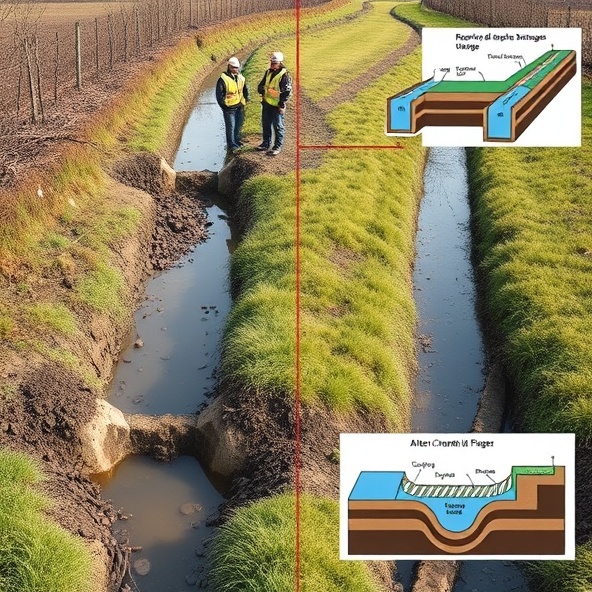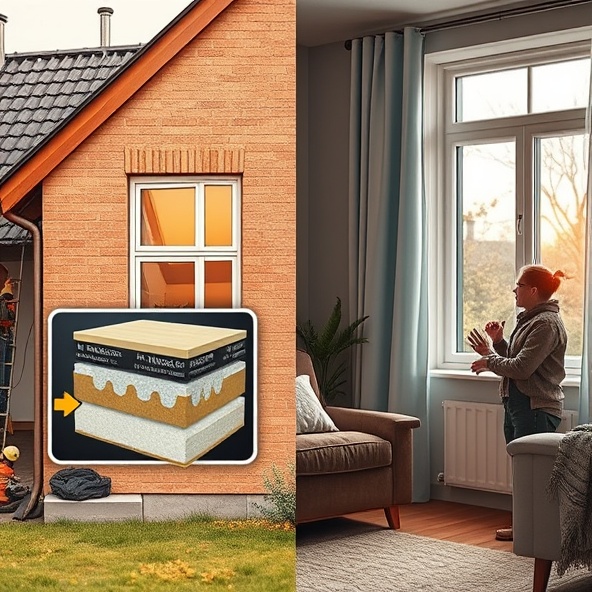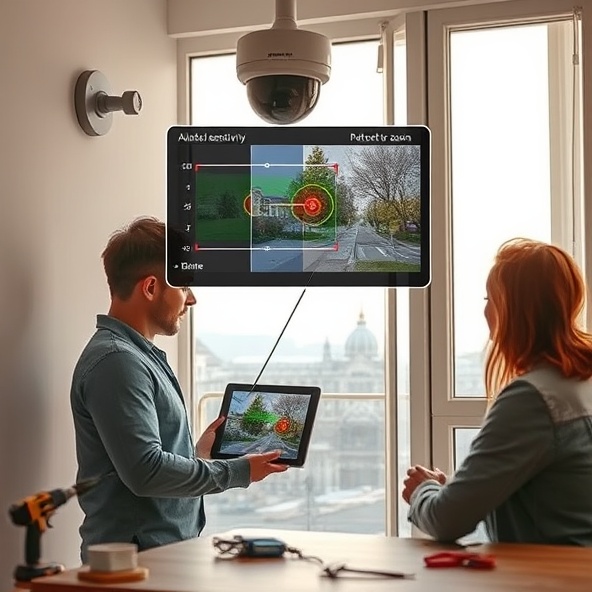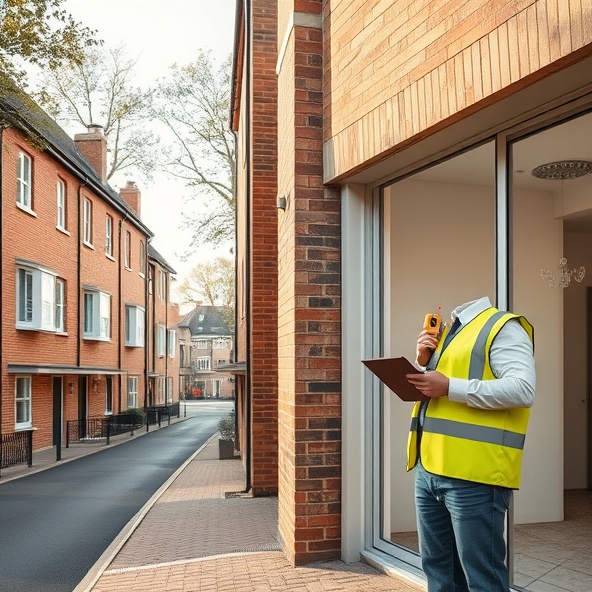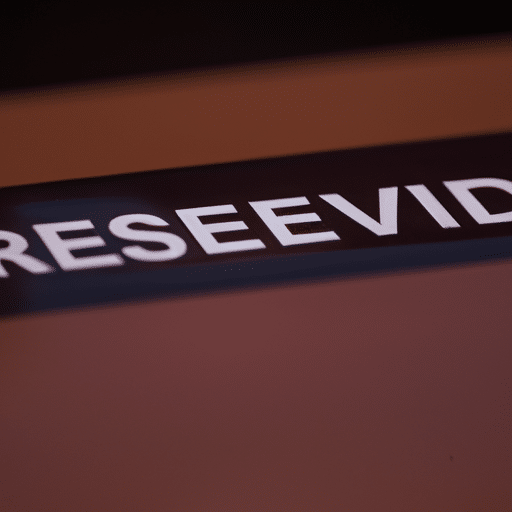Secured Seclusion: Embracing the Power of Being Reserved
Secured Seclusion: Embracing the Power of Being Reserved
Intro:
In today’s fast-paced and hyper-connected world, finding peace and solitude can feel like a luxury. The constant barrage of notifications, social media updates, and demands from work and personal life can leave us feeling overwhelmed and depleted. However, there is power in embracing the practice of secured seclusion – intentionally creating spaces of quiet and reserving our energy for what truly matters. In this article, we’ll explore the concept of secured seclusion and why it’s essential for our well-being.
What is Secured Seclusion?
Secured seclusion is a deliberate act of withdrawing from the noise and distractions of daily life to find solace and recharge. It involves creating physical and mental boundaries to enable deep reflection, introspection, and rejuvenation. While it may sound similar to isolation or loneliness, secured seclusion is a purposeful choice made with the intention of maintaining balance and inner peace.
The Benefits of Secured Seclusion
1. Enhanced Mental Clarity: By taking time away from external stimuli, secured seclusion allows our minds to declutter and focus on what truly matters. This mental clarity allows for more effective decision-making and problem-solving.
2. Increased Creativity: When we step back from the constant input of information, our minds have the space to generate new ideas and think creatively. Secured seclusion provides the fertile ground for inspiration and innovation.
3. Improved Emotional Well-being: Our emotional well-being is often neglected amidst the chaos of daily life. Secured seclusion offers a chance to reconnect with ourselves, process emotions, and cultivate self-compassion.
4. Strengthened Relationships: Taking time for secured seclusion can also benefit our relationships. By understanding ourselves better, we can communicate our boundaries and needs more effectively, leading to healthier and more fulfilling connections.
How to Embrace Secured Seclusion
1. Designate Quiet Spaces: Create physical spaces in your home or workplace that provide a tranquil environment. These spaces can be as simple as a small nook with a comfortable chair or a dedicated room for meditation and reflection.
2. Disconnect Digitally: Set boundaries for your digital usage by designating specific times during the day to disconnect from technology. Use this time to engage in activities that promote solitude and self-reflection.
3. Engage in Mindfulness Practices: Incorporate mindfulness practices such as meditation, deep breathing exercises, or journaling into your daily routine. These practices can help cultivate a sense of inner calm and presence.
4. Prioritize Self-Care: Make self-care a non-negotiable part of your routine. Engage in activities that bring you joy and relaxation, whether it’s taking a long bath, going for a walk in nature, or indulging in a hobby.
Conclusion
In a world that often glorifies constant busyness and connectivity, embracing secured seclusion is a radical act of self-preservation. By intentionally carving out spaces of quiet and reserving our energy for what truly matters, we can enhance our mental well-being, foster creativity, and strengthen our relationships. Incorporate the practice of secured seclusion into your daily life, and experience the transformative power of reserved introspection.
FAQ
Jak możemy czerpać korzyści z bycia zdyskretnionym?
Czerpanie korzyści z bycia zdyskretnionym jest ważne dla ochrony naszej prywatności, zapewnienia bezpieczeństwa i wzmocnienia naszej samoświadomości.
Jak możemy utrzymać zdyskretnioność w naszym życiu codziennym?
Aby utrzymać zdyskretnioność w życiu codziennym, możemy być ostrożni z udostępnianiem informacji osobistych, kontrolować naszą obecność w mediach społecznościowych i korzystać z narzędzi do ochrony prywatności, takich jak firewall lub VPN.
Dlaczego jest ważne ustanowić granice i być zdyskretnionym w naszych relacjach?
Ustanowienie granic i zachowanie zdyskretnienia w naszych relacjach pomaga zapobiegać nadużyciom, chroni naszą prywatność i pozwala nam utrzymać zdrowe i zrównoważone relacje.
Jakie korzyści może przynieść bycie zdyskretnionym w miejscu pracy?
Bycie zdyskretnionym w miejscu pracy może pomóc w utrzymaniu zaufania w zespole, zapewnieniu bezpieczeństwa danych i minimalizowaniu ryzyka naruszenia poufności.
Czy istnieją sytuacje, w których należy być bardziej otwartym zamiast być zdyskretnym?
Tak, istnieją sytuacje, w których być bardziej otwartym może być korzystne, np. w przypadku tworzenia bliskich relacji lub wyrażania swoich potrzeb i opinii w sposób konstruktywny.
Jak można znaleźć równowagę między zdyskretnością a otwartością?
Znalezienie równowagi między zdyskretnością a otwartością polega na świadomym podejściu do udostępniania informacji, określaniu własnych granic i uwzględnianiu kontekstu sytuacji.
Jakie są potencjalne zagrożenia związane z brakiem zdyskretności?
Brak zdyskretności może prowadzić do naruszenia prywatności, wykorzystywania informacji przez niepowołane osoby i narażenia na niebezpieczeństwa związane z cyberprzestępczością.
Czy bycie zdyskretnym oznacza unikanie interakcji społecznych?
Nie, bycie zdyskretnym nie oznacza unikania interakcji społecznych. Oznacza to raczej kontroli informacji, które chcemy udostępnić innym oraz ochrony naszej prywatności.
Jak zdyskretnienie wpływa na nasze samopoczucie i pewność siebie?
Zdyskretnienie może wpływać pozytywnie na nasze samopoczucie i pewność siebie, ponieważ daje nam poczucie kontroli nad naszymi informacjami i chroni nasze prywatne emocje i doświadczenia.
Czy każdy musi być zdyskretny?
Decyzja o byciu zdyskretnym zależy od jednostki i jej preferencji. Nie wszyscy muszą być zdyskretni, ale jest to ważna umiejętność w dzisiejszym świecie, gdzie prywatność jest coraz bardziej zagrożona.













